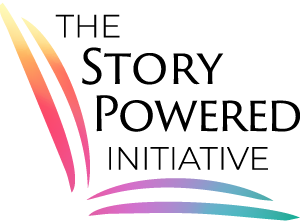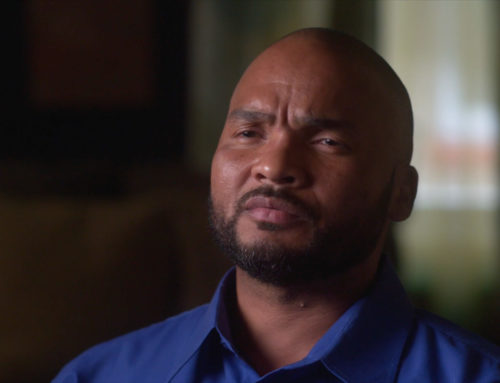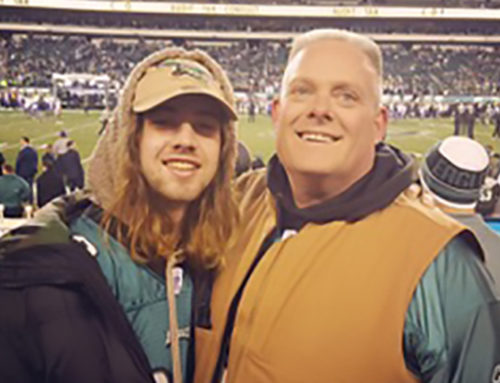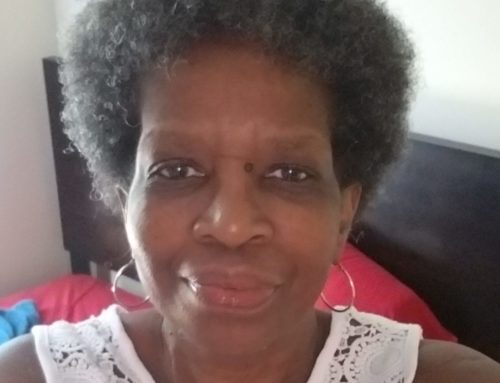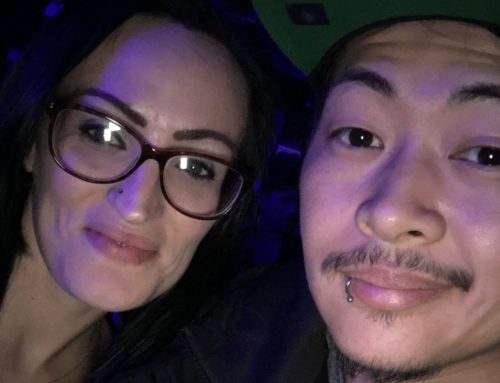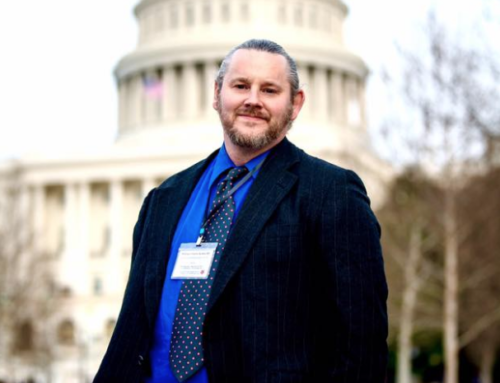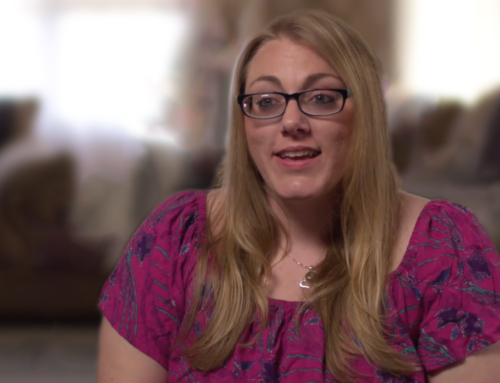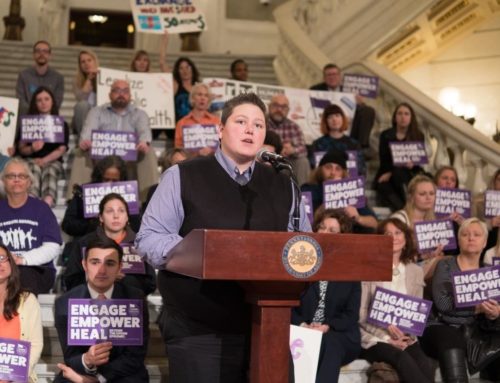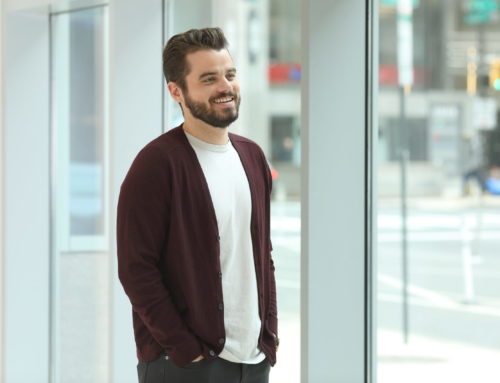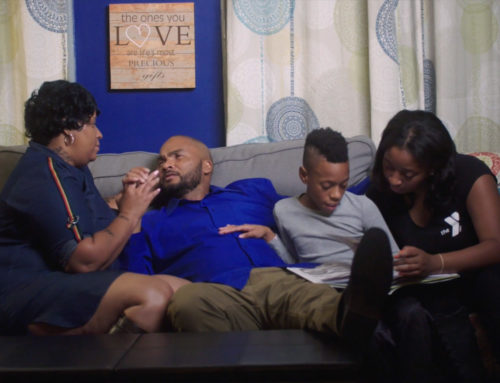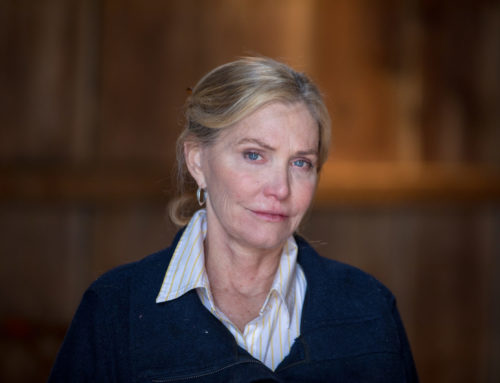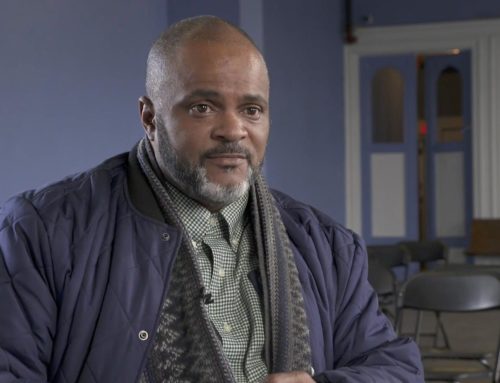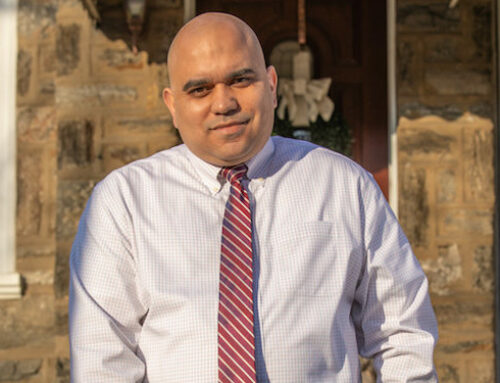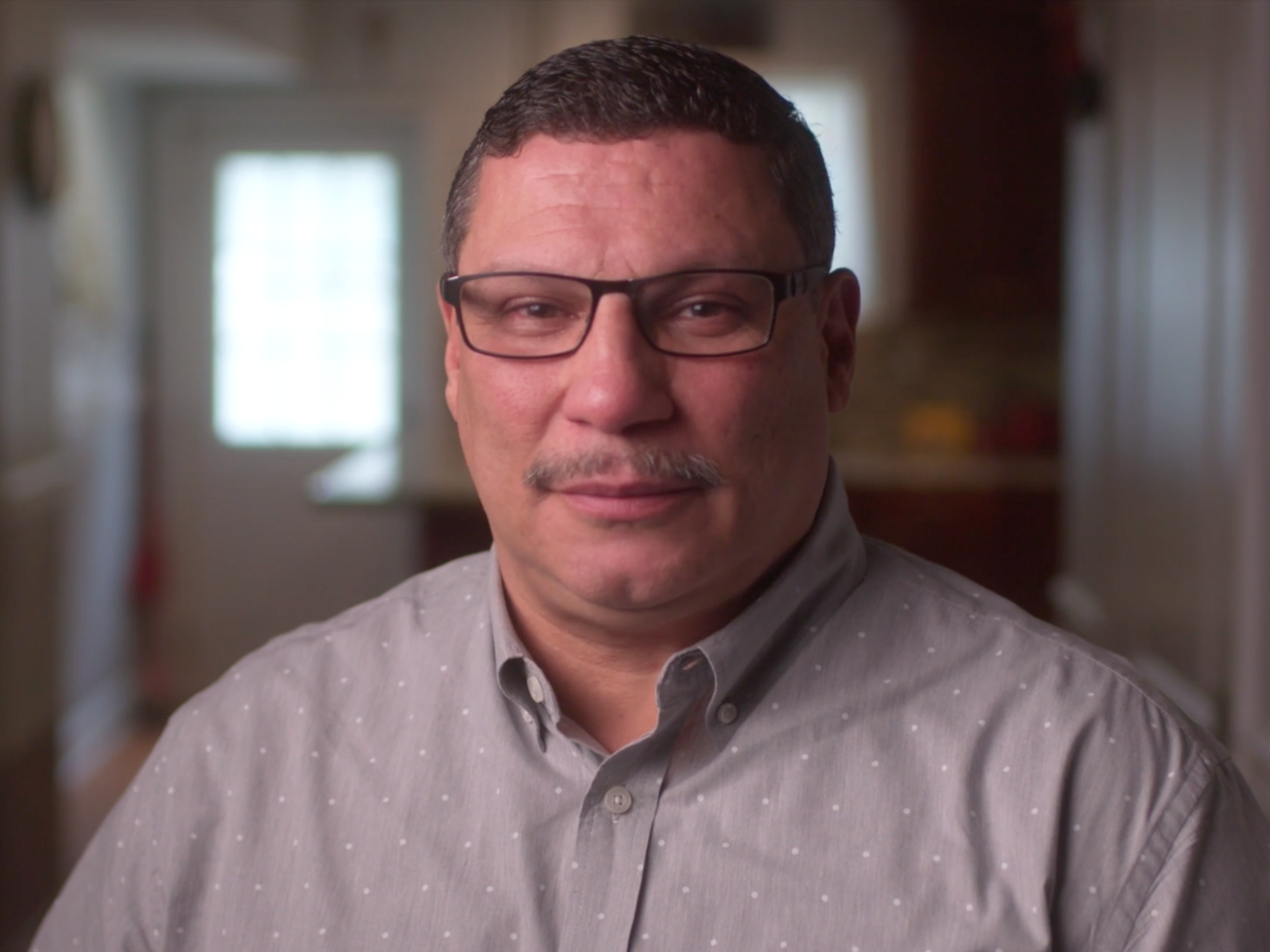
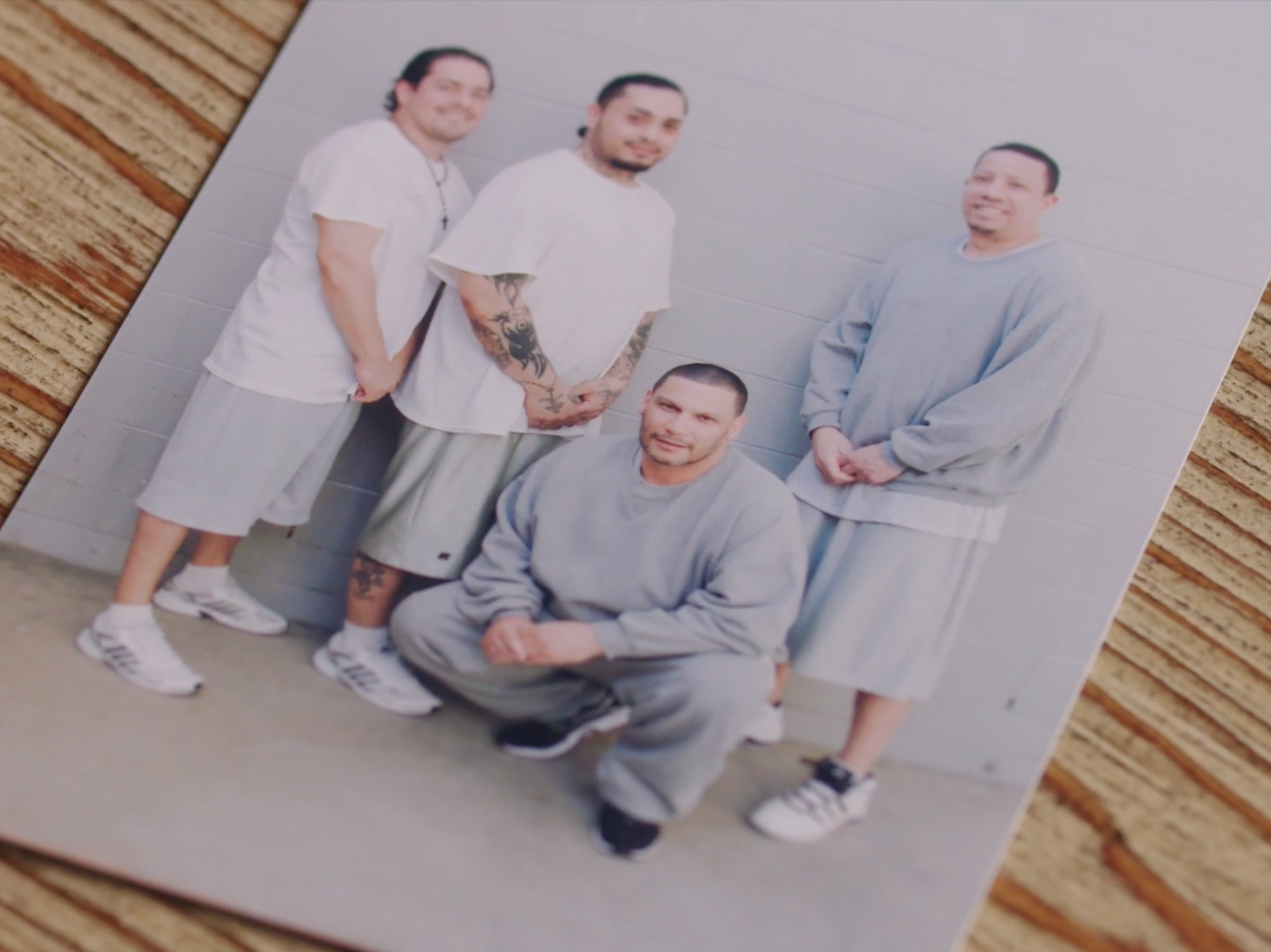
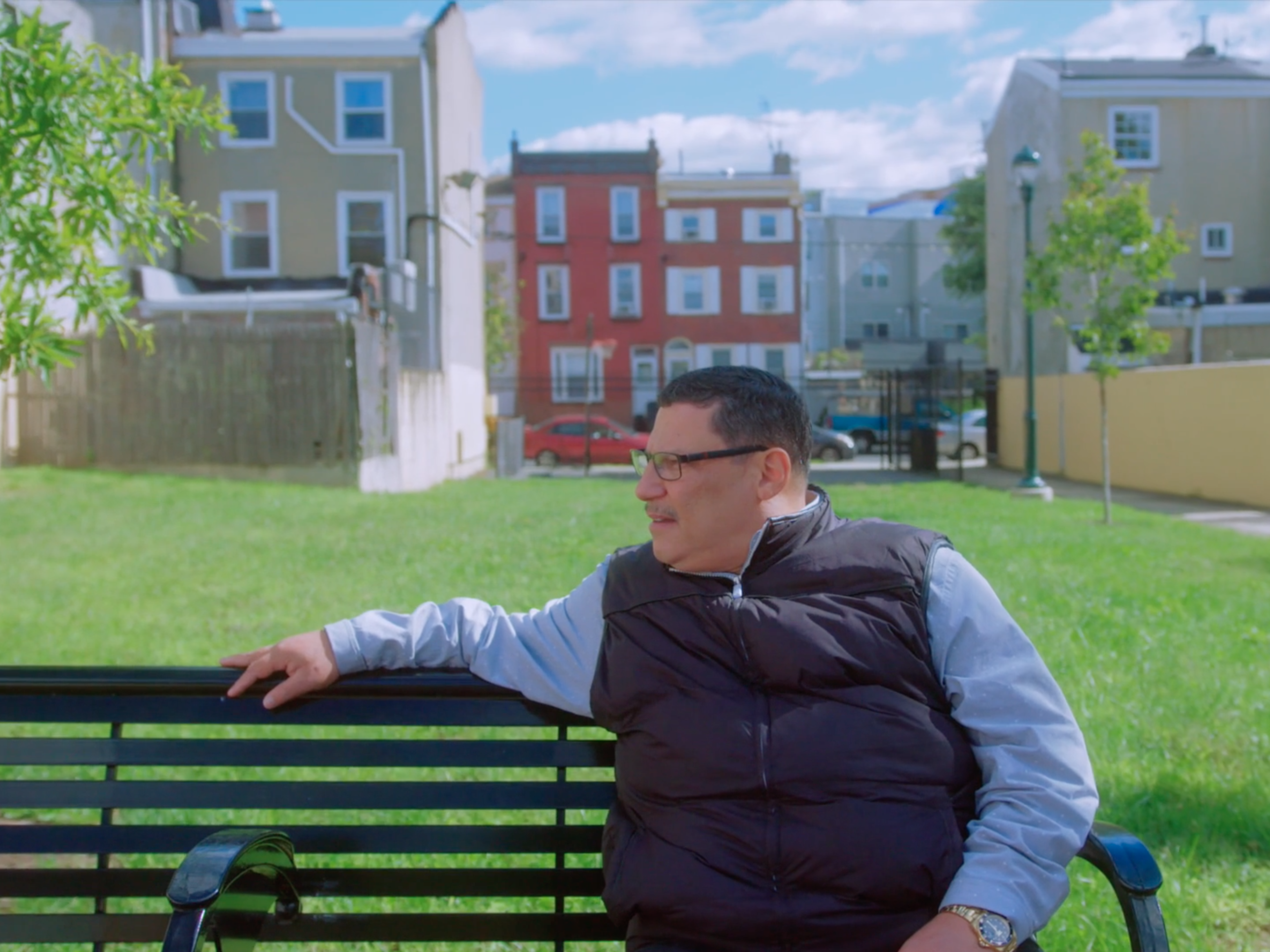
"I give back to this community because they gave me life."
I had a great upbringing with a mother and father who supported me and had good relationships with my brothers and sisters. Both of my parents worked; we were a middle class family. I attended Catholic school from elementary through high school. My father was my best friend. He was my baseball coach. He was everything in the world to me.
When I graduated high school, I didn’t have the aspirations of becoming a police officer, or a lawyer, or a doctor like normal kids usually have. My aspirations gravitated toward the people in the neighborhood who had a lot of respect and who had things that I always wanted, like cars, power, respect, and money. In our neighborhood, it was almost the norm that people dealt drugs. It was a very attractive lifestyle as a young adult, so I started selling cocaine. It was in that lifestyle that I understood the word “addiction” because I was addicted to the lifestyle. I started coming in and out of jail and became addicted to the chase, the lifestyle, and the money. During this time, I engaged in a lot of socialized drug use. I spent time in and out of jail and prison.
The first time I used an opiate was in prison. I was 29 years old and started using heroin right away. While in prison, I received news that my father had passed away. That devastated me. I went into a very deep depression, and I felt resentment, guilt, and anger from not being able to say goodbye or thank you. I really thought that the choices I made in my life took him to his grave. I was so angry with myself for living this lifestyle. To cover up the pain, I started using heroin, and this was the beginning of my opiate addiction. It made me forget the pain that I was going through, and that’s what I was looking for, to mask the pain, the hurt, and the depression from my father’s death. I just didn’t want to feel that. In prison, I started using about five bags a day, and my use later escalated to two or three bundles a day. I didn’t think I had an issue with opiates in part because I had never felt withdrawal and because I simply focused on not wanting to feel pain anymore. I came home with a full-blown addiction, and I was actively addicted to heroin for almost 20 years.
My addiction had many negative effects on my life. I wasn’t a father to my children. I was very absent as a son to my mother. Also, it took me away from something that I truly loved: playing baseball. I was a good baseball player, and I think I could’ve been something, but drug use took the passion away from sports. It consumed my life and was devastating. Every day I was chasing the drug. Every day I wanted to get high. Later on, it got to the point where I needed to use just to feel well.
The first time I decided to get help, it wasn’t quite my decision. I didn’t do it because I thought I needed to get my life together; I did it because other people wanted me to get my life together. One Christmas, my mom said that the present she wanted was for me to go into a detox. I went, but it didn’t last long because it wasn’t my choice. It wasn’t until I was in my 40s and my health was deteriorating that I realized I wanted something better in life. I didn’t have anything to live for. I never had a job. I didn’t know where my life was going, but I wanted it to change. I started to believe in myself a little bit. My goal was to stay clean and be so-called “normal.” In my last incarceration, the judge had told me that if he would see me one more time, I would spend the rest of my life in jail. That was a wake up call because I realized that I did not want to waste my whole life in and out of prison or in an addiction.
In prison, I went to see a psychiatrist to deal with my mental health issues. I went into a yearlong treatment program in prison. After that year, I chose to go into a recovery house because I needed some structure in life. I also continued with intensive outpatient treatment. I was finally learning to make decisions for myself that would help me and not enable me or allow me to cause harm.
While in the recovery house, the gentleman who owned the house saw something in me and after three months offered me a job. I became the night resident manager. It was there that I started believing more in myself through working and giving back. From my role as night resident manager, I then moved into the position of office manager. I started hearing more about the services the City provides, one of which is the Certified Peer Specialist training run by the Department of Behavioral Health and Intellectual Disabilities (DBHID). I enrolled, and it was such a powerful experience; I learned so much about myself. I was offered several jobs and started working as a Certified Peer Specialist helping to support people attain a better quality of life.
Today, I’m in my third position in two years with DBHID, and I am now a Peer Initiative Specialist. This position involves a lot of storytelling, so I speak at different events to bring hope, healing, and the knowledge that people do recover. In this position, I am also the lead Narcan facilitator in the City, so I go into the community and teach people how to use Narcan. Also, I’m one of the team captains on the overdose response team whenever there are surges of overdoses in the community. Lastly, I had the opportunity to be part of the mayor’s opiate epidemic task force to give my perspective as someone with lived experience and to bring recommendations. That was a huge experience for me.
Thinking about where I was and where I am now, I never in a thousand years would have thought that my life would be like this today. There were points in my life when I thought that prison and substance use was going to be the rest of my life. Recovery isn’t easy, and I tried many avenues to get to where I am today. I went into detoxes and rehabs and therapy and recovery housing. In addition to my experiences in the last treatment program and in the recovery house, medically assisted treatment was also very successful for me. I was on methadone for one full year; and in that year I accomplished a lot of things. I stayed in my recovery, I had a job, and I became a father and was able to be there for my youngest daughter. I did have a relapse because I started going back to old behaviors. I’m truly thankful, however, that I’ve spent the last four years in recovery.
The first and most important step for me in recovery was spiritual. God is my foundation and my recovery and my life. I take no credit in this, and truly believe that God has done amazing things in my life. Part of my recovery was also making amends. Just recently, after 21 years, I went to my father’s grave and I was able to make amends and to tell him I love him. It was such a sense of relief because my father meant everything to me. I know that he’s proud of me today. I know that I’m the man that he knew I could be. If I can be half the man that my father was, I know I’m doing good, so that motivates me daily.
I’m still motivated to continue giving back for many reasons, including my overdose experiences. During my addiction, I overdosed two times. I was at the lowest point of my life. Both times, the people in the community brought me back with Narcan. This all happened right before I went to prison for the last time. When I got incarcerated, I say that I got rescued because that’s how I feel. I give back to this community because they gave me life. One of my passions today is talking with the young guys in my neighborhood about how they can make positive choices and be whatever they want to be. I love my community.
This is why I am sharing my story. I want people to understand that people do recover. Kensington has been stigmatized as a place where there is no hope, but I’m one of the people who came from there. There’s hope and healing that comes out of Kensington because people do recover.
